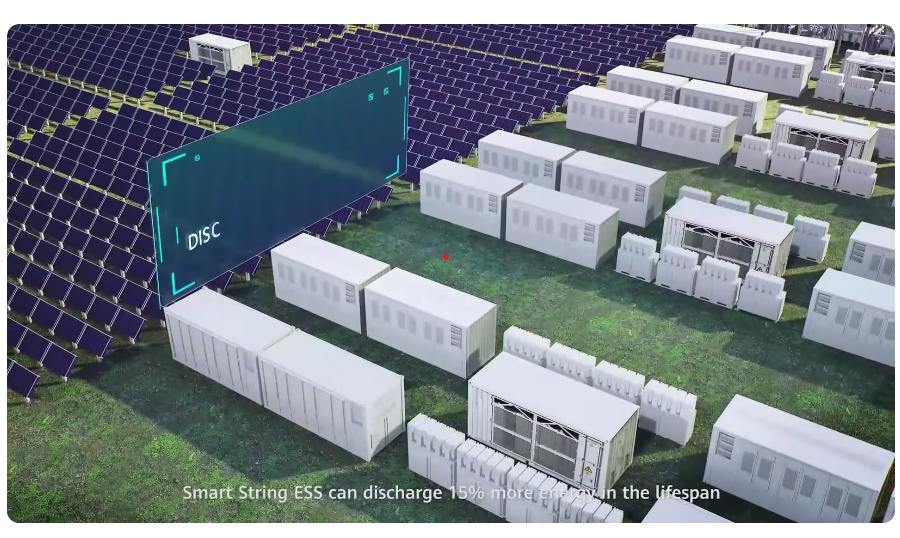
There is a growing need for innovative energy storage solutions due to the dynamic character of the modern energy market. Launching an energy storage business is a great way to get into the growing renewable energy industry and meet the critical need for better energy management all at once. However, thorough preparation, strategic implementation, and familiarity with the market are all prerequisites for launching and growing such a business. This article will provide essential advice to anyone thinking about launching or expanding an energy storage business:
Tips for Starting an Energy Storage Business
1.Market Research
To start, you need to do a ton of market research to learn about the latest industry trends, technological advances, regulatory landscapes, and customer needs. Finding potential niches and researching the competition is the first stage in creating a unique value offer. This might be in the residential, commercial, or utility-scale energy storage markets.
2.Determine Which Application and Users You Want to Involve
Before focusing on specific applications where energy storage technologies can deliver significant value, you need to determine who your ideal customers are. This could include situations that help with grid stabilization, backup power provision, supporting renewable energy source integration, and managing peak demand for commercial and industrial users.

3.Making Connections and Establishing Alliances
Form alliances with organizations that do research and funding as well as those that supply technology and energy. Collaboration with key opinion leaders can open doors to new customers, information, and resources, all of which can boost a company's standing in the market and help it expand.
4.Technological Expertise and Innovation
Staying abreast with the latest innovations in energy storage technology is essential. You must engage in continuous R&D if you want to innovate and make your energy storage systems more efficient, safe, and scalable. Collaborating with experts in battery chemistry, software development, or system integration can help you enhance your products and services.
5.Understand Policies
Able to deftly negotiate the complex regulatory framework that controls the energy industry. Learn about the energy storage regulations at the federal, state, and regional levels, as well as the incentives and permits for renewable energy and storage systems. Complying with safety rules and standards is crucial for maintaining credibility and earning the trust of customers.
6.The Company Structure and Its Numerous Revenue Generators
Create a viable company plan that considers your intended customers and the money you want to make. You must decide if your company's focus will be on sales, leasing, energy-as-a-service models, or a mix of these. Look at the opportunities to make money by selling capacity services to grid operators, offering energy storage as a service, or participating in demand response programs.
7.Building Connections with Customers and Educating Them
Establish trust and transparency in your business operations while informing potential clients about the benefits of energy storage to build strong connections. Collaborate with clients to identify their specific needs, and then design products to fulfill those demands. By going above and beyond for customers, you can build lasting relationships and positive word of mouth.
8.The Ability to Grow and Change
You should think about scalability and adaptability when you make your company plan. Keep up with the ever-changing demands of your clients, new technologies, and the market. An expansion plan should include both measurable goals for growth and a strategy to scale up or down operations in reaction to changes in demand.

Conclusion
One needs creative thinking, knowledge of the business, strategic foresight, and customer focus to start an energy storage business. Entrepreneurs looking to launch energy storage businesses in the face of a dynamic energy market can position themselves to take advantage of new technologies, build strategic alliances, understand customer needs, and adapt to changing market conditions. Businesses that prioritize innovation and work towards creating sustainable energy solutions can have a significant impact on the energy industry's future.
Leave a Comment